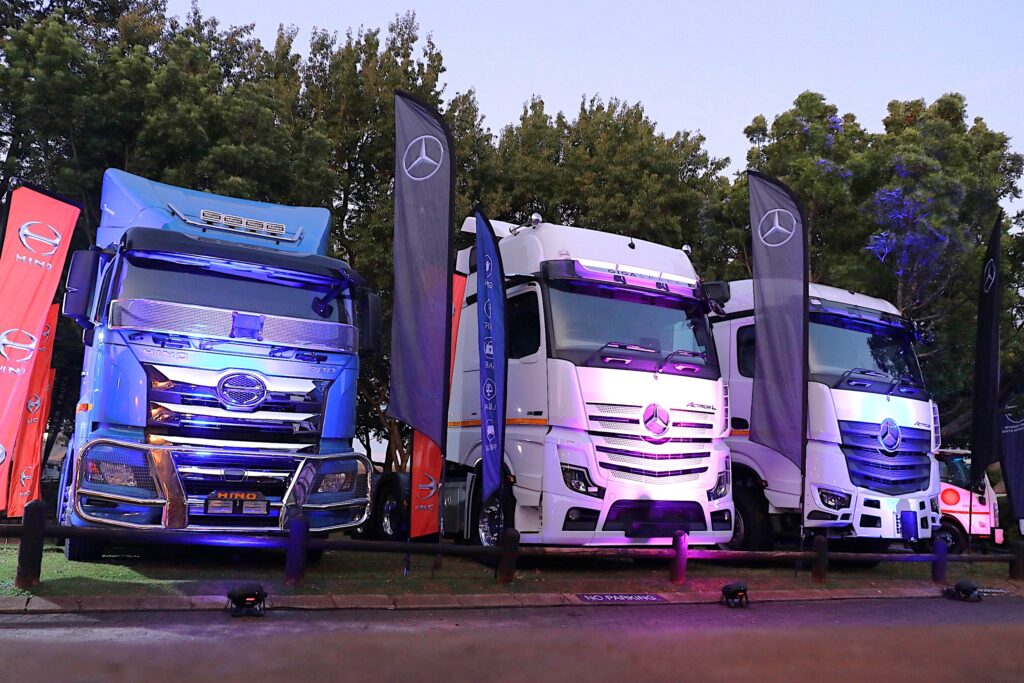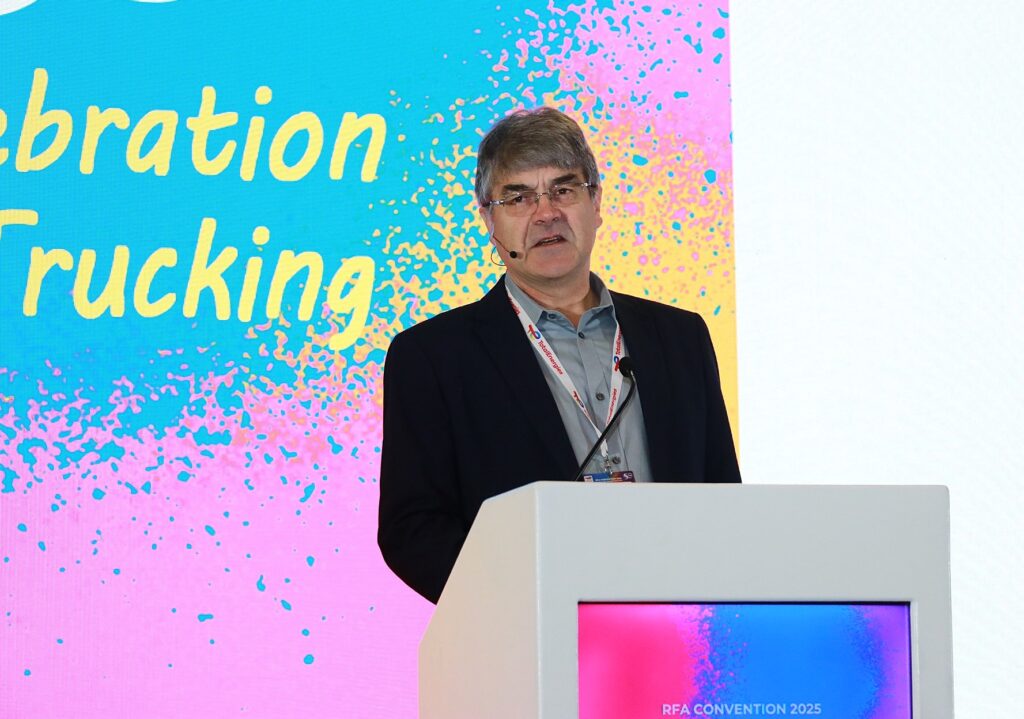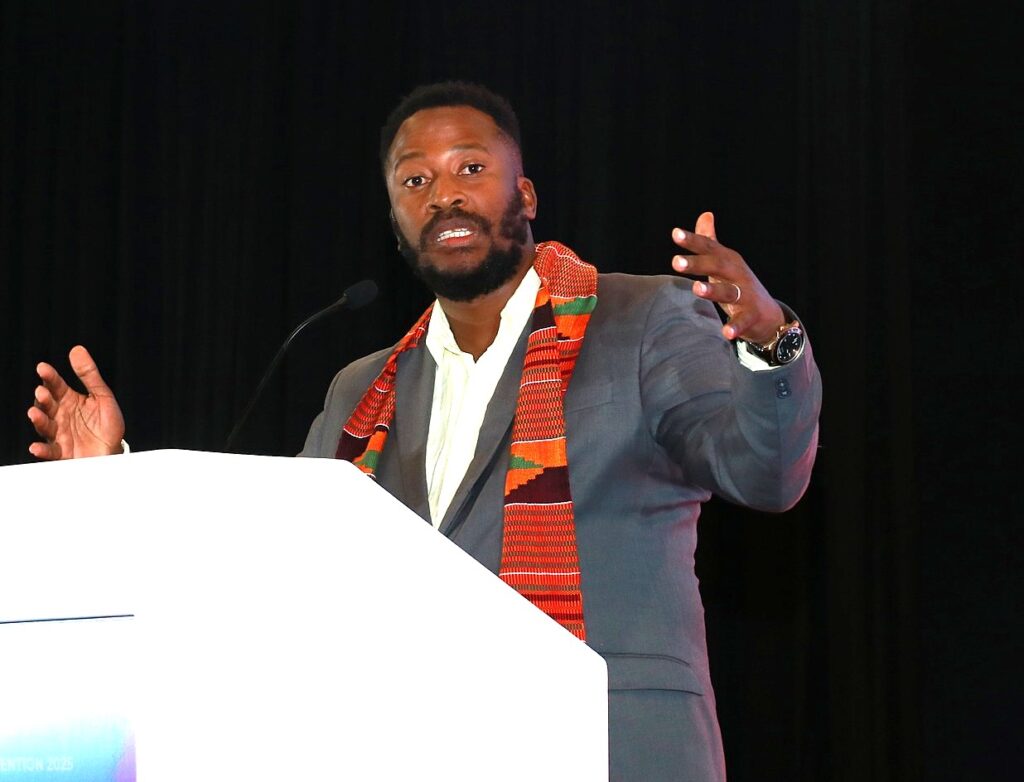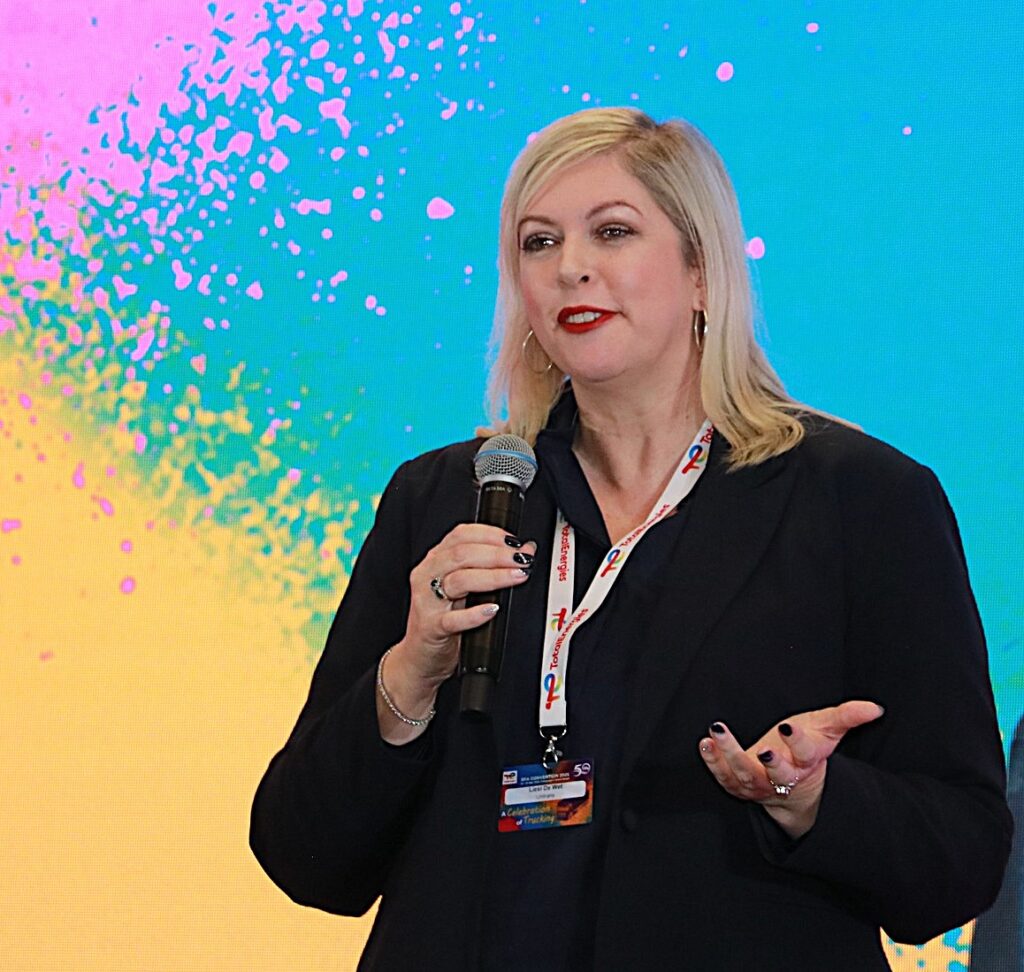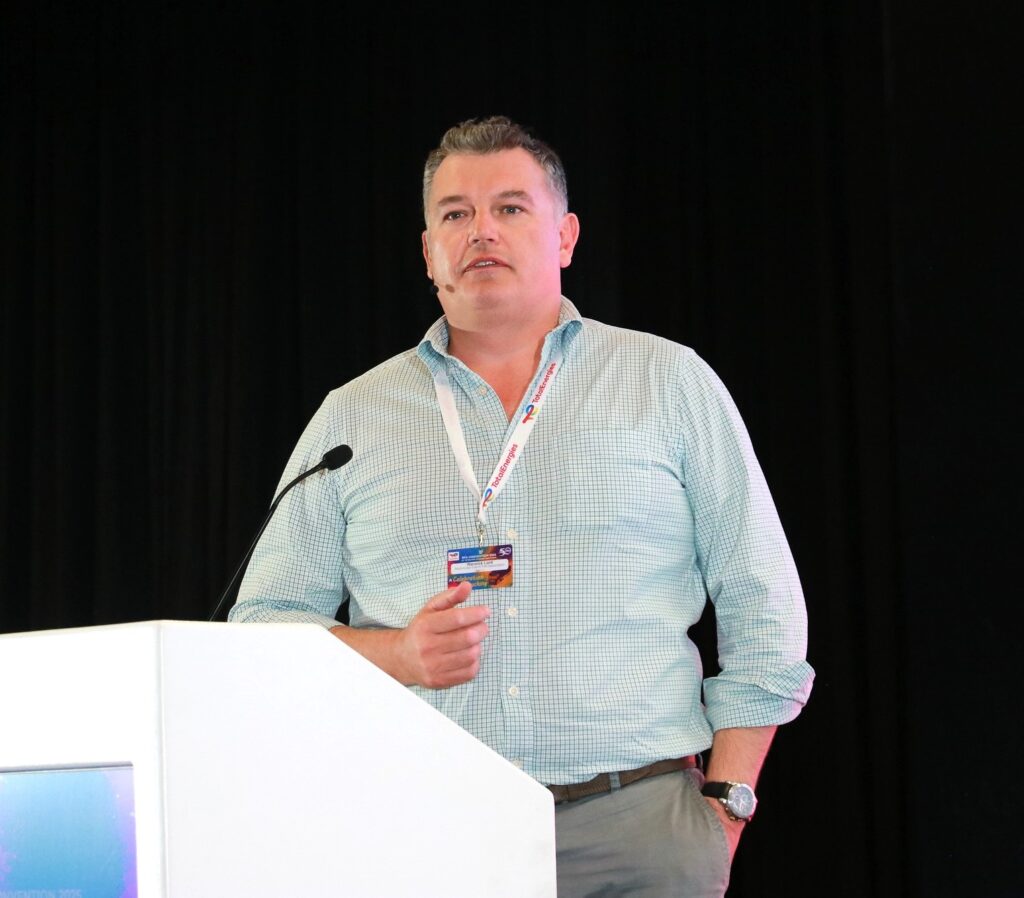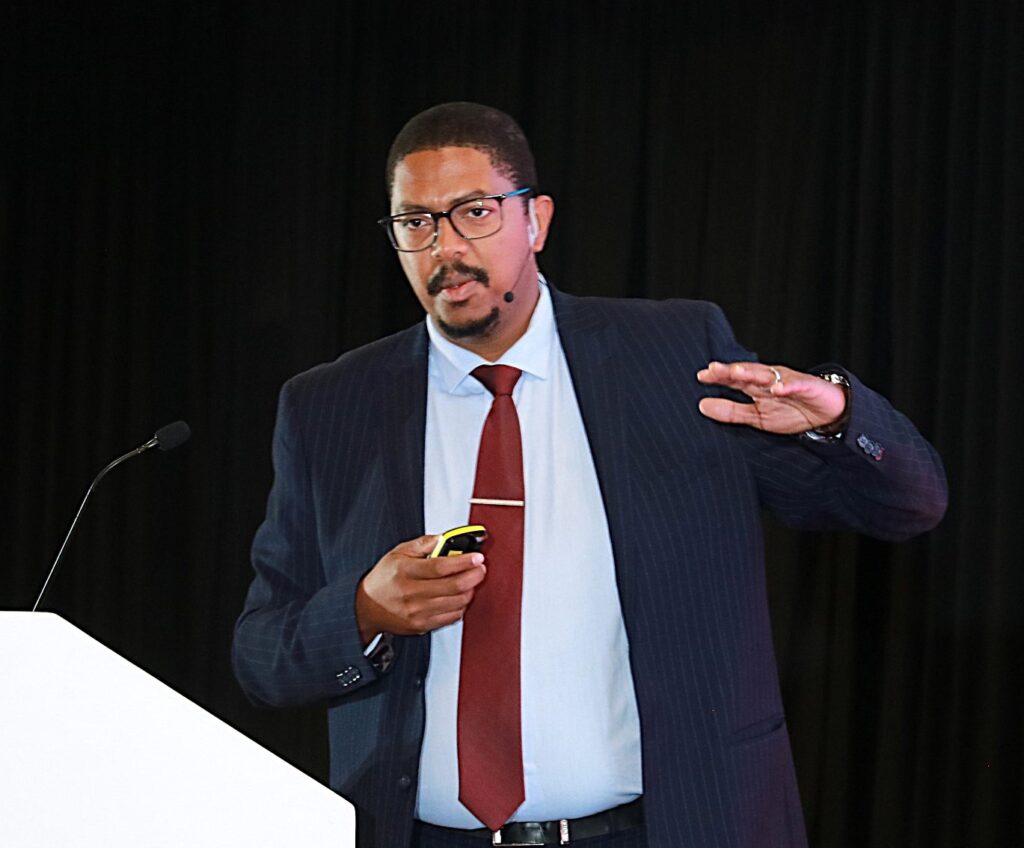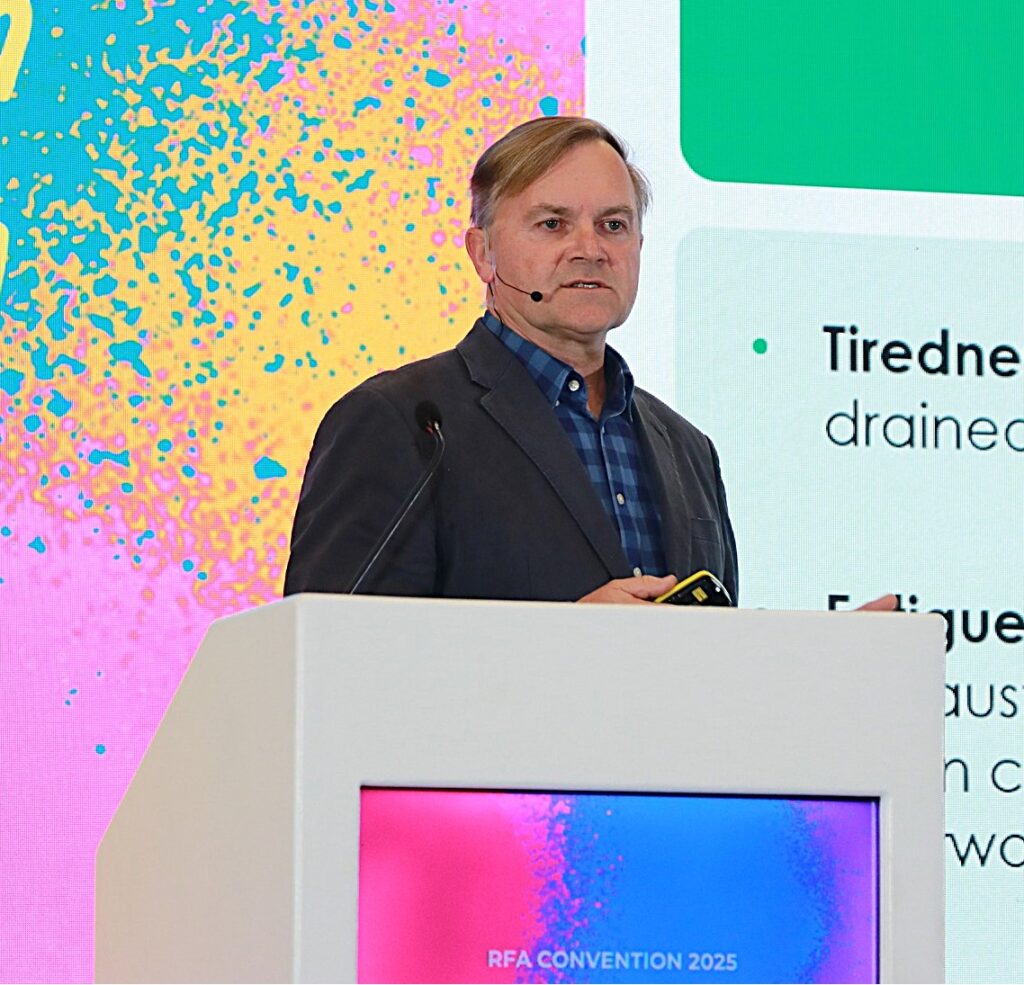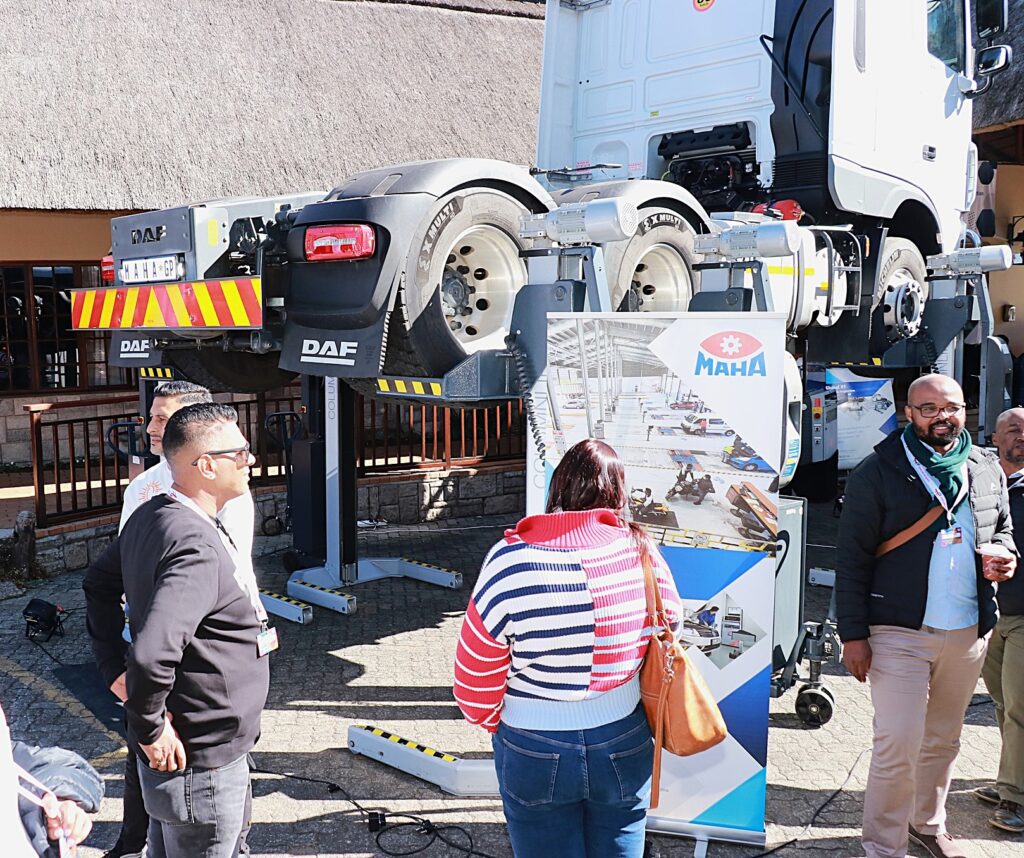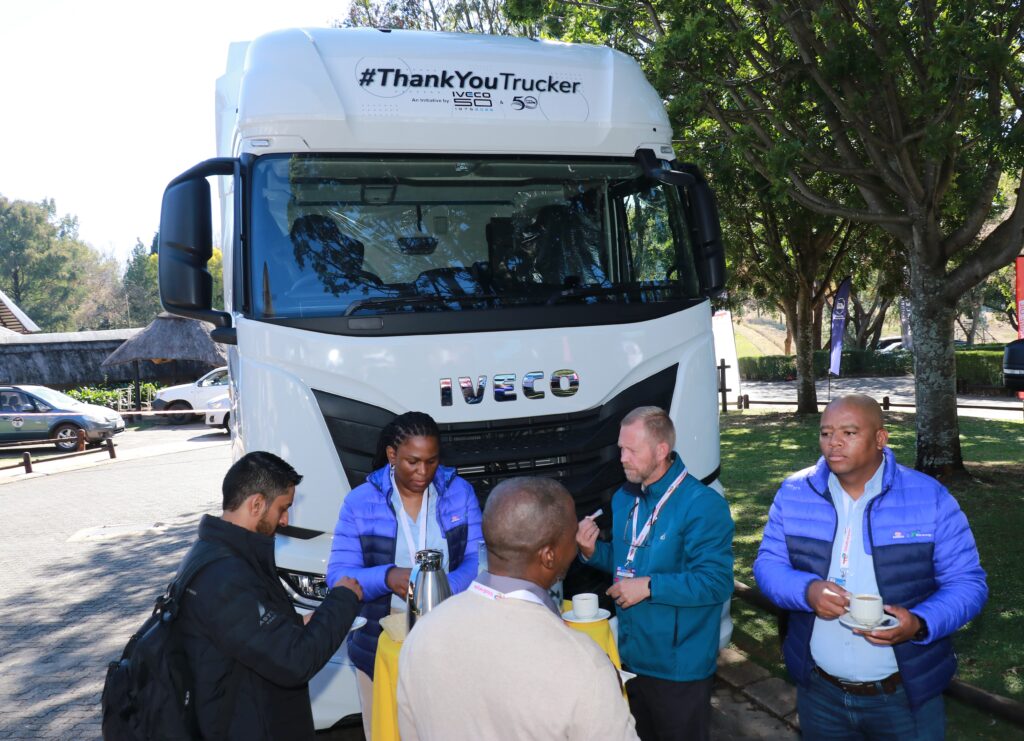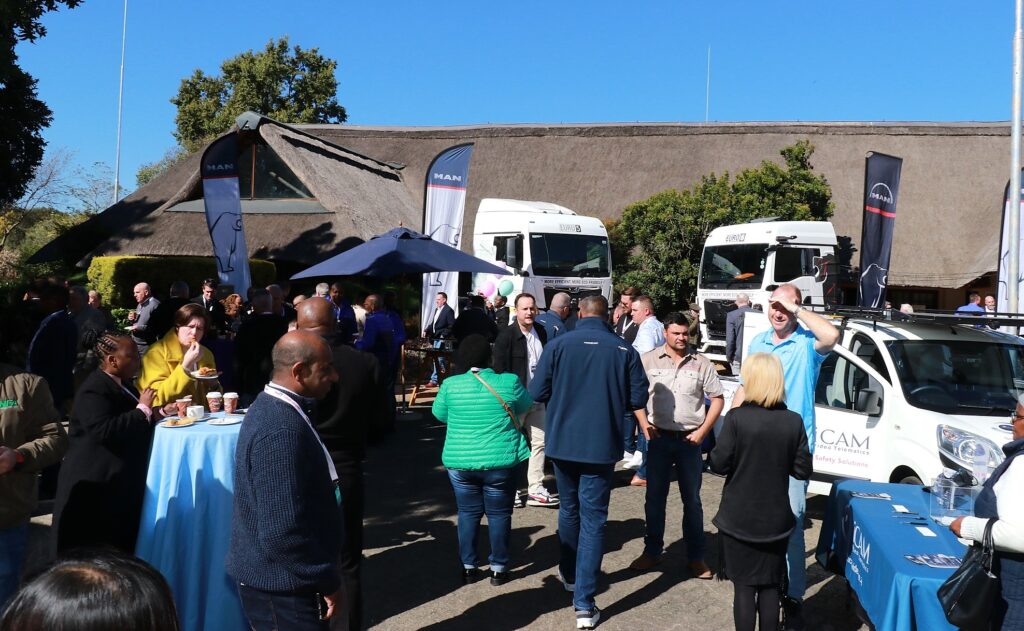In an era of economic uncertainty, infrastructure strain and evolving regulatory pressures, South Africa’s road freight sector remains the engine of national logistics – and for the past 50 years, the Road Freight Association (RFA) has kept it moving forward.
At its 2025 Annual Convention, held from 23 to 25 May at the Champagne Sports Resort in KwaZulu-Natal, the RFA marked its golden anniversary not just with celebration but with serious conversation about the sector’s future. From climate and compliance to digital safety and intermodal freight, the event reflected the Association’s enduring role as both advocate and innovator in an industry under pressure to adapt.
Through a packed agenda of economic, political and operational insights, the Convention reaffirmed the RFA’s commitment to leading transformation across the freight value chain – rooted in legacy, focused on resilience and aligned with national growth.
A legacy of advocacy
Since its inception in 1975 as the Public Hauliers Association, evolving into the RFA in 1989, the organisation has been instrumental in shaping policy, elevating industry standards and providing essential support to its members. Through half a century, the RFA has been at the forefront of advocacy, from the regulatory development of the National Road Traffic Act in the early 1990s to the introduction of formal road transport and logistics courses in 1995.
More recently, the RFA has championed digital transformation, sustainability and the modernisation of industry practices.
In the Chairperson’s Address, delivered by RFA CEO Gavin Kelly, the RFA chairperson underscored the Association’s rich history and its forward-looking agenda. Kelly highlighted current challenges facing the industry, including pervasive delays at borders and ports, escalating crime rates and mounting pressures on operating margins.
“Looking ahead, the RFA’s advocacy will focus on crucial adjustments to economic regulations, diversification of fuel sources, addressing critical supply chain infrastructure collapses and navigating new initiatives regarding the B-BBEE Charter and employment equity quotas,” Kelly said. “The integration of automation and alternative energy sources also remains a key focus.”
The RFA’s commitment to its members is evident in its sustained growth, with a 12% membership increase reported in 2023, alongside the maintenance of peaceful labour relations. The Association continues to serve as the primary voice for road freight operators in South Africa, actively promoting professionalism and fostering strategic partnerships with government entities.
“We urge our members to actively engage in shaping the industry’s future through ongoing communication and participation in RFA initiatives, reinforcing the RFA’s dedication to sustainable practices and collaborative engagement,” Kelly emphasised.
Economics, energy and the freight equation
The Convention’s agenda featured insightful presentations from leading experts. Ricardo Smith, chief investment officer at Absa, presented on “Driving Growth: The Economic Roadmap for a Resilient Freight Industry.”
Smith’s presentation highlighted significant trends and challenges, noting the enduring importance of the US and China as trade partners, South Africa’s current inflation at 2.7% year-on-year, and a revised GDP growth forecast of 1.4% for 2025.
He also shed light on Transnet’s operational struggles and debt, alongside the substantial R1-trillion allocated for infrastructure investments over the next three years, predominantly within transport and logistics.
Politics, policy and purpose
Dr. Ongama Mtimka’s presentation, “Trucking, Trade, & Transformation: The Political Roadmap for South Africa’s Freight Industry,” offered vital historical and political context for the freight sector. He traced South Africa’s evolution from colonialism through various nationalisms, resulting in a complex society grappling with poverty and mistrust.
Mtimka highlighted the turbulent democratic path, reflected in policy shifts from the Reconstruction and Development Programme (RDP) to the National Development Plan (NDP), and ongoing political and social disparities fuelling economic inequality.
His insights emphasised the critical need for vulnerability, humility and empathy in leadership during uncertain times. “Business needs to broaden its roles in building an inclusive society,” he said.
Safety, innovation and the AI advantage
Steven Sutherland, general manager: Enterprise Division at PowerFleet, addressed the critical issue of road safety in his presentation, “AI on the Move: Tackling Driver Fatigue and Enhancing Safety in Transport.”
Sutherland highlighted the devastating impact of fatigue and distraction on South Africa’s roads, which contribute to the approximate total of 12 000 annual fatalities and over R188-billion in economic losses. He showcased Vision AI and IoT-based solutions that monitor driver behaviour in real-time, leading to remarkable improvements, including a 60% reduction in collisions and a 25% drop in insurance costs.
The rail renaissance and intermodal future
The strategic shift towards rail freight was a prominent theme. Ian Bird, director at Cape Africa Group, discussed “Open Access to Rail Opportunities and Challenges for the Road Freight Sector.” He detailed the National Logistics Crisis Committee’s (NLCC) workstreams and the proposed Intermodal Logistics Master Plan (ILMP), aimed at integrating road, rail, air and sea transport to enhance efficiency and reduce emissions.
“The road freight industry stands at a pivotal moment, demanding reinvention as open access to rail becomes a reality,” said Bird. “This isn’t just a shift; it’s an opportunity for road freight to transform itself, explore new avenues like concessioning and leverage customer relationships and other strategic partnerships.”
Liesl de Wet, chairperson of the RFA Green Transport, presented “From Fossil to Forwarding: What’s next in Freight Energy?” highlighting the imperative of addressing climate change through rail, technology and electric vehicles, and the critical need to finance this transition.
Mike Daniel, CEO of RailRunner South Africa, further reinforced the potential of integrated road-rail solutions, urging attendees to consider themselves as “transporters, not just truckers.”
Warwick Lord, chairperson of the Multi-Modal Inland Port Association (MIPA), began his comments by declaring, “The Rail Renaissance is underway. Be part of the solution!”
He highlighted the numerous changes and opportunities emerging within the freight sector. He encouraged a fundamental shift in thinking, urging individuals to transition from being merely a “trucker” to becoming a “transporter,” suggesting this could lead to higher turnover with a smaller asset base.
He concluded with a rallying cry for collective effort, stating, “Let’s roll up our sleeves for SA Inc.!” to underscore the importance of leveraging these industry transformations for South Africa’s benefit.
Skills, equity and insight
Finally, Graeme Barnard, Group Human Resources executive at SuperGroup, provided a comprehensive overview of “Freight Forward: What’s Next for Equity and Compliance,” focusing on the legislative framework and recent draft amendments to the B-BBEE Codes affecting the transport sector.
He outlined the key proposed changes, including those related to ownership, employment equity, skills development and socio-economic development, while also expressing principal concerns regarding procedural and substantive issues.
Concluding the deliberations, Kelly said: “The RFA’s 50th-anniversary Convention underscored the Association’s enduring legacy and its vital role in navigating the complexities and opportunities of the South African freight industry. The robust discussions and strategic insights shared will undoubtedly contribute to shaping a more resilient, efficient and sustainable future for road freight in South Africa.”
Editor’s note: At a time when South Africa’s freight sector faces structural pressure and rising expectations, the RFA’s 50th anniversary Convention was more than a milestone, it was a message. From compliance to climate, from automation to intermodal reinvention, the road ahead for transport in South Africa is not just about movement, but transformation. Now is the time for road freight leaders to stay engaged, stay informed and steer this sector toward a future that is resilient, inclusive and unmistakably South African.
Ends

